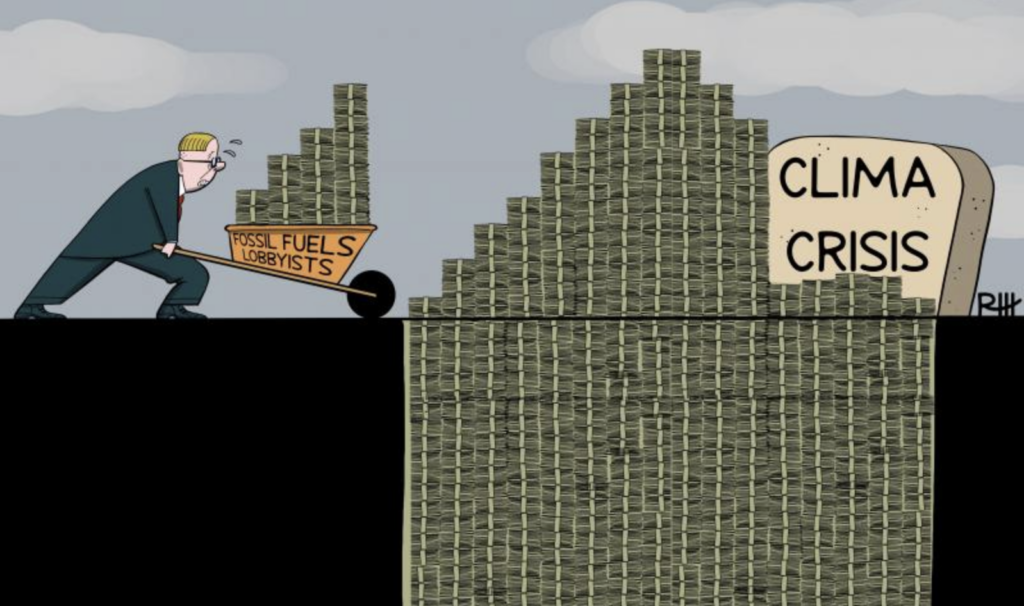A group of top-tier climate scientists who were victimized in the email theft known as Climategate has written to the Heartland Institute, sympathizing that the Institute is reading its own confidential documents in the public press, but chiding the “think tank” for how irresponsibly it dealt with the stolen emails.
In a letter printed in The Guardian, the scientists say,
As scientists who have had their emails stolen, posted online and grossly misrepresented, we can appreciate the difficulties the Heartland Institute is currently experiencing following the online posting of the organization’s internal documents earlier this week. However, we are greatly disappointed by their content, which indicates the organization is continuing its campaign to discredit mainstream climate science and to undermine the teaching of well-established climate science in the classroom.
The signatories were Michael Mann, Kevin Trenberth, Ray Bradley, Jonathan Overpeck, Ben Santer, Gavin Schmidt and David Karoly, a relative who’s who of climate science excellence.
They point out that when the Climategate emails were stolen, Heartland took bits and pieces out of context (and, we would add, advocated for punitive action against the scientists on the basis of these manipulations). At no time did the institute suggest that the hackers who breached the East Anglia University security system to steal the emails had been in the wrong to do so.
In the case at hand, (and as Heartland explains in its own press release) an anonymous “Heartland Insider” asked the Institute to mail the entire briefing package for its January board meeting – and Heartland complied. Having received that package, the DeSmogBlog checked the content against research we had in hand to confirm its authenticity. Then we published it – in its entirety, so there could be no doubt about the context – on our website on Valentines’s Day.
The scientists conclude their letter by saying:
“The Heartland Institute has chosen to undermine public understanding of basic scientific facts and personally attack climate researchers rather than engage in a civil debate about climate change policy options.
“We hope the Heartland Institute will begin to play a more constructive role in the policy debate. Refraining from misleading attacks on climate science and climate researchers would be a welcome first step toward.”
Subscribe to our newsletter
Stay up to date with DeSmog news and alerts






